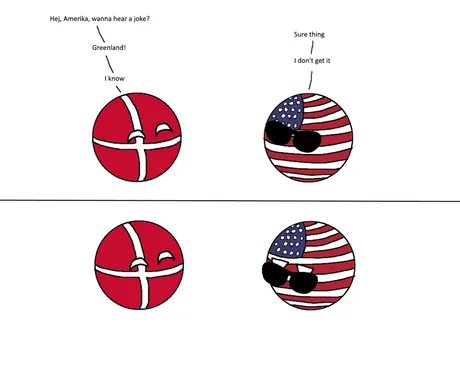The wannabe chancellor candidate of the conservatives in Germany is bungling in Syria policy with a proposal for military protection mission that almost nobody else in Europe appears to want.
The problem right now is that you cannot have a satisfactory Syria policy these days without either having very low expectations or a satisfactory Turkey policy.
There, that's the real issue:
What's the Turkey policy?
Turkey is NATO member, and it appears settled that it won't join the EU in this generation. Its autocratic government is dominated by a nationalist-pseudoreligious party and its undisputed leader.
Turkey clearly chose to have improved and more close relations with Russia, regardless of the incident about a shot down Russian aircraft.
 Turkey's geostrategic role is extremely important. It controls the Bosporus, is in striking distance of Crimea and Suez Canal, is neighbour with Syria, Iraq, Iran and Georgia. It has at least the potential to bridge between Orient and Occident, though not with the current president. The Turks dominated Arab countries for centuries in the Ottoman Empire, and there's a certain justified unease about their changed policies regarding especially Syria, but also northern Iraq.
Turkey's geostrategic role is extremely important. It controls the Bosporus, is in striking distance of Crimea and Suez Canal, is neighbour with Syria, Iraq, Iran and Georgia. It has at least the potential to bridge between Orient and Occident, though not with the current president. The Turks dominated Arab countries for centuries in the Ottoman Empire, and there's a certain justified unease about their changed policies regarding especially Syria, but also northern Iraq.
Meanwhile, Turkey is a multi-ethnic country that oppresses the Kurdish minority, maybe because it cannot afford to accept the notion of not being a nation-state.
So what is the European Turkey policy? I understand the United States have a dysfunctional foreign policy right now that doesn't extend past personal interests and fixations of its president, but what's the European strategy?
(1) Do we try to keep Turkey in NATO at all costs, appeasing it regardless of aggressive actions and sporadic cuddling with Moscow?
(2) Do we try to at least keep Turkey from joining Russia's bloc? We should then neutralize them in NATO; there's no way to kick them out, but they need not be involved in secret affairs.
(3) Do we try to push for a preferable political leadership in Turkey?
(5) Do we ignore Turkey and its actions?
We need to have and settle on a satisfactory Turkey policy before we can devise a satisfactory Syria policy. Else, we wouldn't know if to wield the power of the UNSC against Turkey, for example. Armed forces protecting the Syrian Northeast make sense only if they are meant to actually protect it, even against advancing Turkish forces of against advancing Turkish proxies supported by Turkish forces.
The current Syria policy appears to be short-sighted, incomplete, and many important actors do not appear to have thought enough about the Syria case.
About the German Minister of Defence: It was a folly that the proposal to send protection troops to NE Syria came from the Minister of Defence instead of from the minister of foreign affairs. A policy trial balloon about protection troops from the minister of foreign affairs with some dissent from the Minister of Defence would have damaged intra-NATO relations less. The military policy origin needlessly puts the military policy question (is Turkey really considered a NATO ally or a great power to be restrained) into the field of view more than if the minister of foreign affairs would have done it.
It's indeed a double folly, for the proposal isn't even national policy; the cabinet is divided about it.
related:
https://defense-and-freedom.blogspot.com/2017/04/europes-defence-in-long-term-in-light.html
S O
.



